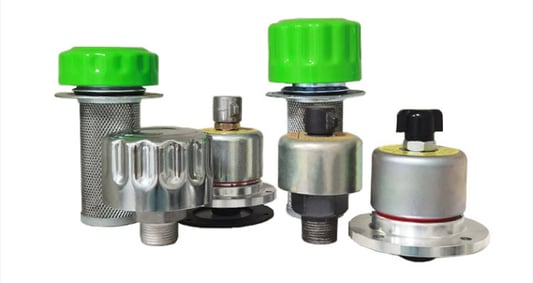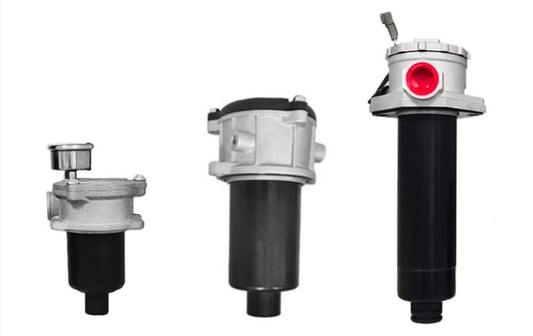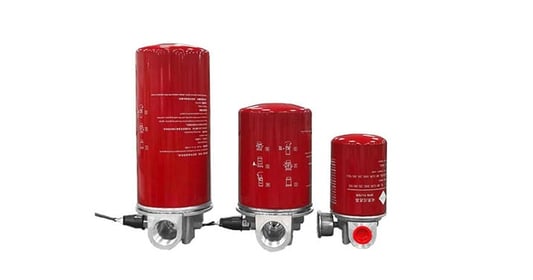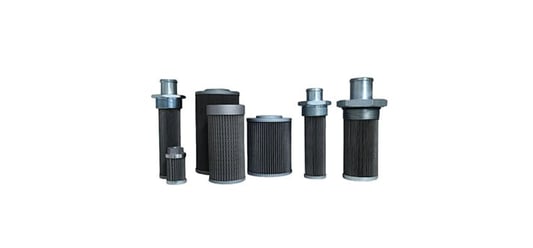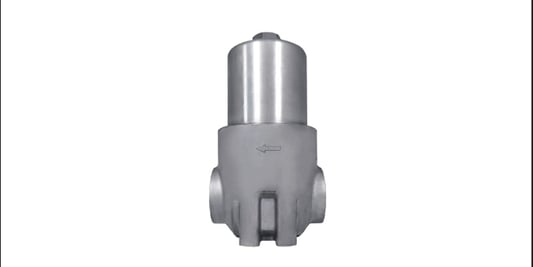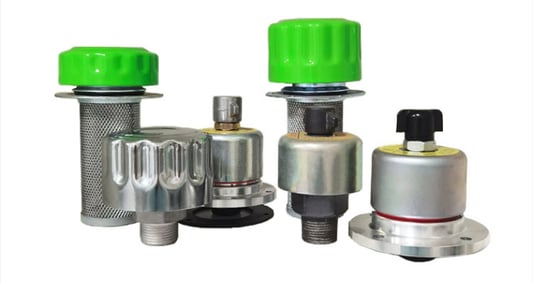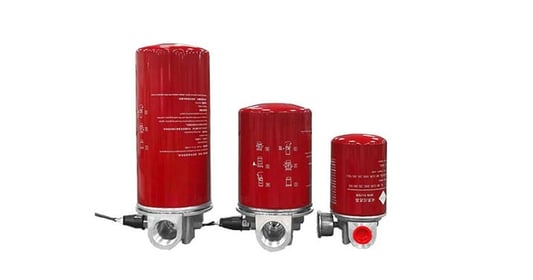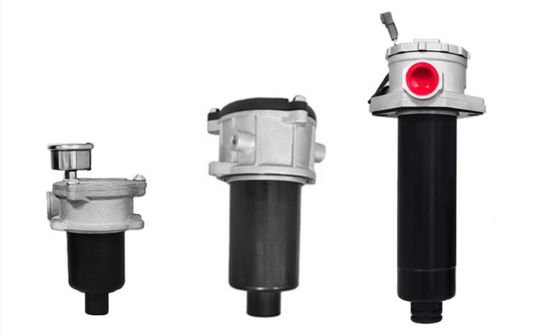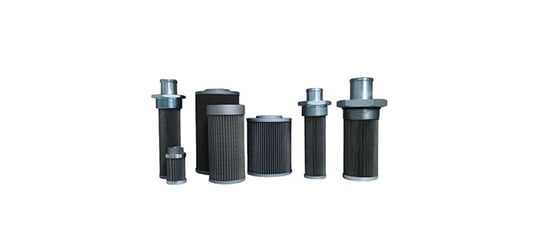As a device widely used in various systems, the benefits of filters are mainly reflected in the following aspects:1. Improve the purity of the mediumThe filter can effectively remove impurities, particles or pollutants from the fluid, thus ensuring the purity of the transport medium. This is very important for many industrial processes and daily life, such as in chemical, pharmaceutical, food processing and other fields, pure fluids are a key factor in ensuring product quality and safety.2. Protect the device of filtersThe filter can prevent impurities from entering the system, avoid damage to valves, pumps and other equipment, and extend the service life of the equipment. In hydraulic systems, for example, filters can trap tiny metal particles, preventing them from scratching or clogging sophisticated components.3. Easy maintenance of filtersMany filters are designed for easy cleaning and replacement, such as removable cartridges, making maintenance easy and convenient. This not only reduces downtime, but also reduces long-term operating costs.4. Improve production efficiency of filtersIn industrial production, the use of filters can reduce the failure and downtime caused by impurities, thereby improving the overall production efficiency. For example, in oil extraction, filters are used to separate oil-water mixtures and ensure the smooth flow of oil pipelines.5. Reduce environmental pollutionThe application of filters in wastewater treatment and waste gas discharge helps to reduce environmental pollution. After removing harmful substances through filtration, wastewater and exhaust gases can be safely discharged into the environment, reducing the impact on the ecosystem.6. Save resource consumption of filtersThe filter can recover and reuse some resources that would otherwise be discarded, such as in the filtration of metal processing fluids, the filter can extend the service life of the liquid and reduce the demand for new liquids, thereby saving resources and costs.In summary, the application of filters brings many benefits. When selecting and using filters, the appropriate filter type and configuration should be selected according to the specific application scenarios and needs to ensure the best filtering effect and economic benefits.Quote InquiryContact us!


